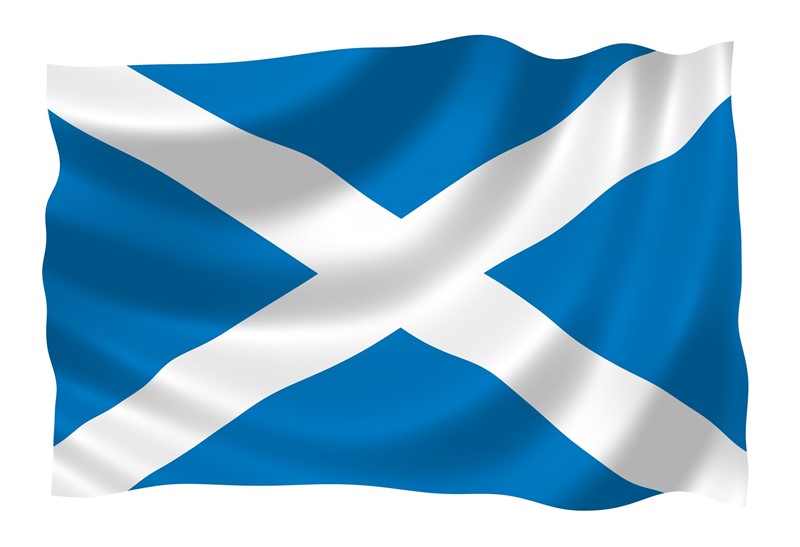There is an interesting anomaly that can affect taxpayers with homes in Scotland and other parts of the UK. Where this is the case, the question arises as to whether or not the taxpayer is liable to pay Income Tax in Scotland or elsewhere.
As a general rule, the Scottish rate of Income Tax (SRIT) is payable on the non-savings and non-dividend income of those defined as Scottish taxpayers. The definition of a Scottish taxpayer generally focusses on the question of whether the taxpayer has a 'close connection' with Scotland or elsewhere in the UK. The liability to SRIT is not based on nationalist identity, location of work or the source of a person’s income, e.g., receiving a salary from a Scottish business.
Where a taxpayer has a home in Scotland and also elsewhere in the UK, they need to ascertain which is their main home based on published guidance and the facts of the case.
HMRC’s guidance on the issue states the following:
Your main home is usually where you live and spend most of your time. It does not matter whether you own it, rent it or live in it for free. Your main home may be the home where you spend less time if that’s where:
- most of your possessions are;
- your family lives if you are married or in a civil partnership;
- you are registered for matters such as your bank account, GP or car insurance; or
- you are a member of clubs or societies.
It is also possible to change which home counts as your main home if there has been a material change in the underlying facts. Scottish taxpayer status applies for a whole tax year. It is not possible to be a Scottish taxpayer for part of a tax year.


Recent Comments